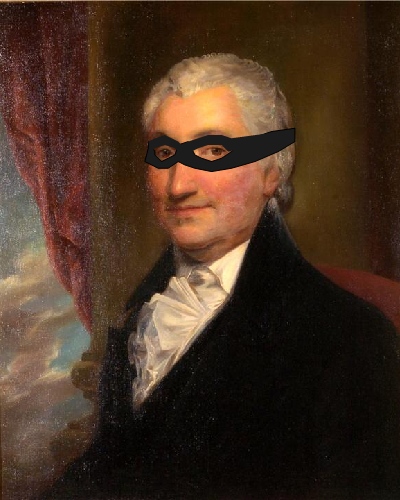In trying to find some rare works by one of his favorite authors, Dr. Boli ran across exactly the assistance he was looking for: a bibliography of the works of that author by Charles Frederick Heartman, the famous book-collector.
Heartman was a German immigrant to the United States, and his own life story is fascinating enough. But it was especially interesting to Dr. Boli that Mr. Heartman, who knew more about American books than almost anyone else, shared (and perhaps even exceeded) his admiration of this particular author—an author who otherwise remains obscure to most American readers, in spite of the efforts of his admirers once every generation or so to bring his masterpiece back into print.
Dr. Boli wondered how obscure this particular author actually is today. It occurred to him that his readers are, as a class, particularly well educated in American literature.
So he proposes this little game. Without resorting to a search engine, can you guess which author Mr. Heartman is talking about?
The inspiring factor which led to the making of this bibliography is found in curiosity. I bought some books written by xxx and could not find any satisfactory bibliographical material about him. That is just the same experience I have had in the compilation of other books of this series. It appears to be another case of shameful treatment of an American author by American historians.… Here is a man, had he lived in France or Germany (if I may be permitted to mention the latter country*), of whose work at least one book would be a well-known classic to be found in every library. I mean his “xxxxx.” Millions of copies would have been printed of this book and every bookseller would have a half dozen editions on his shelves. As it is but few people know that such a book was ever written, and fewer still have read it. It is, in fact, one of the greatest novels ever written in the English language. One has to borrow names like Swift, nay, Rabelais, to find equals.
*This pamphlet was published in 1917, when it was not necessarily safe to speak the name “Germany” without spitting.
Here are your clues, then: the novelist is an American; his work is difficult to find in bookstores; and Swift and Rabelais are apt comparisons. And his picture is at the head of this article, which may give you a rough idea of his era. Can you guess the man behind the mask?
